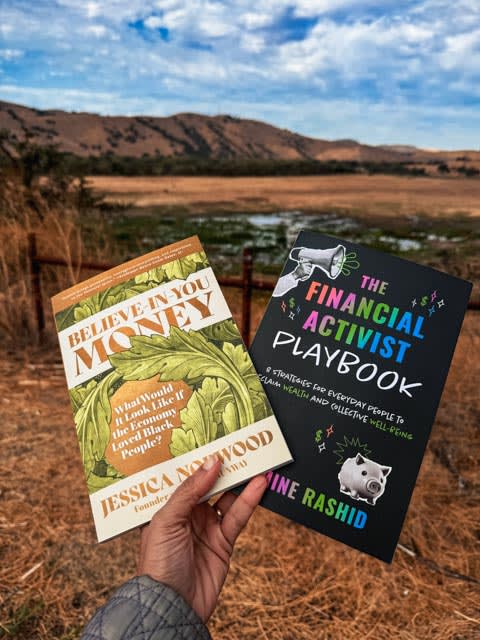“In the beginner's mind there are many possibilities, but in the expert's there are few.” — Shunryu Suzuki, Zen Mind, Beginner's Mind
What is the beginner’s mind?
In a world focused on mastery, we often forget the value of being a beginner. Shunryu Suzuki, in Zen Mind, Beginner's Mind, explains the power of shoshin, the "beginner's mind." This mindset is about staying open and curious, unclouded by past experiences or rigid expectations. As we work toward expertise, we often lose the excitement that comes with starting something new. But the beginner's mind invites us back to the state of wonder, allowing us to see possibilities where experts might only perceive obstacles.
The courage of not knowing
Being a novice can take us places we might not go if we knew more. Once, my brother and I biked down a steep mountain trail in India. We had no idea how dangerous it was until we were on the path. Only later did we learn that the friends who recommended it had never actually tried it themselves. If we had known the risks, my fear of heights might have deterred me. But sometimes, not having all the detailed knowledge gives us the courage to push beyond our comfort zones.
Applying the beginner’s mind to everyday life
The beginner's mind isn’t just for new pursuits—it can also transform how we approach familiar tasks. After a long break from photography, I picked up my camera again. Returning to the fundamentals - composition, light, focus - reignited the spark and provided a new perspective on the art. I even signed up for a photography workshop to deepen my sense of creativity.
The beginner’s advantage
Think back to when you first tried something unfamiliar - playing a musical instrument, speaking a foreign language, or exploring a city. Every moment brimmed with potential, each step fully engaging your attention. That’s the essence of the beginner’s mind. It’s not about rushing to be an expert, but about enjoying the process of learning and discovery.
Embracing the gift of being a beginner
Being a beginner isn’t a temporary phase—it’s a practice we can carry throughout life. The beginner’s mind invites us to approach everything—familiar or new—as if seeing it for the first time. It's not about discarding expertise, but about softening the assumptions that come with it. By staying curious and open, we can uncover new things to learn. Ultimately, true mastery is about keeping the ability to see from a different angle, no matter how much we already know.
Being a beginner is not a setback; it’s a gift.
Last month, I spent an inspiring week in community with the Just Economy Institute (JEI) fellows, marking the start of our journey to build connections and deepen our understanding of the cooperation, relationships, and stewardship vital for a just and regenerative economy. To celebrate, we are giving away two books authored by JEI alumni: Believe-In-You Money: What Would It Look Like If the Economy Loved Black People? by Jessica Norwood and The Financial Activist Playbook: 8 Strategies for Everyday People to Reclaim Wealth and Collective Well-Being by Jasmine Rashid.







